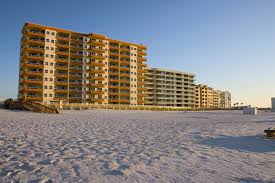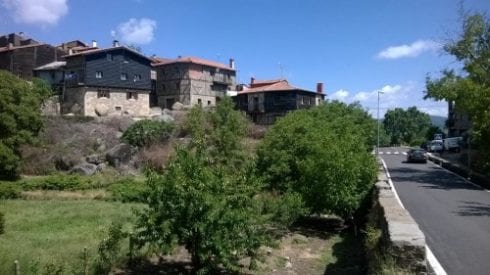A HUGE number of disputes between ‘Communities of Owners’ find their way to the courts.
The nature of these disputes ranges from the rather boring claims over unpaid dues to the more exciting topic of what may or may not be allowed within the urbanization.
So which activities are deemed illegal?
In principle, those forbidden expressly by the statutes.
As a rule of thumb, the following are illegal: activities deemed cumbersome, immoral, obnoxious, unhealthy, dangerous or contrary to morals.
These might include opening a bar, a laboratory, a massage parlour, a poker room, or for example a drug user who lets the home and himself reach a state of total decay.
I have even heard of dog or cat breeding businesses being overruled and in another case a judge deemed that an insurance brokerage was a noisy activity and thus banned it… on the grounds that the clients used the lift continuously…
And what about noisy neighbours, how is that dealt with?
This is a tricky one as what is acceptable for someone may be wrong for someone else and where in doubt, a dispute is bound to arise.
The difficulty to deal with such disputes has resulted in the Theory of Due Tolerance. This theory encapsulates five principles:
1. Reciprocity: if for example other neighbours do the same unopposed, we may infer it is correct to follow suit
2. Just or fair balance: if diverse behaviours are not on a collision path, they should be allowed to exist
3. ‘Estoppel’: it stops one going against one’s own actions
4. Prolonged consent: if a certain behaviour goes unopposed for a long period of time, consent is assumed
5. Permissiveness: it mixes consent with the notion of social acceptability









